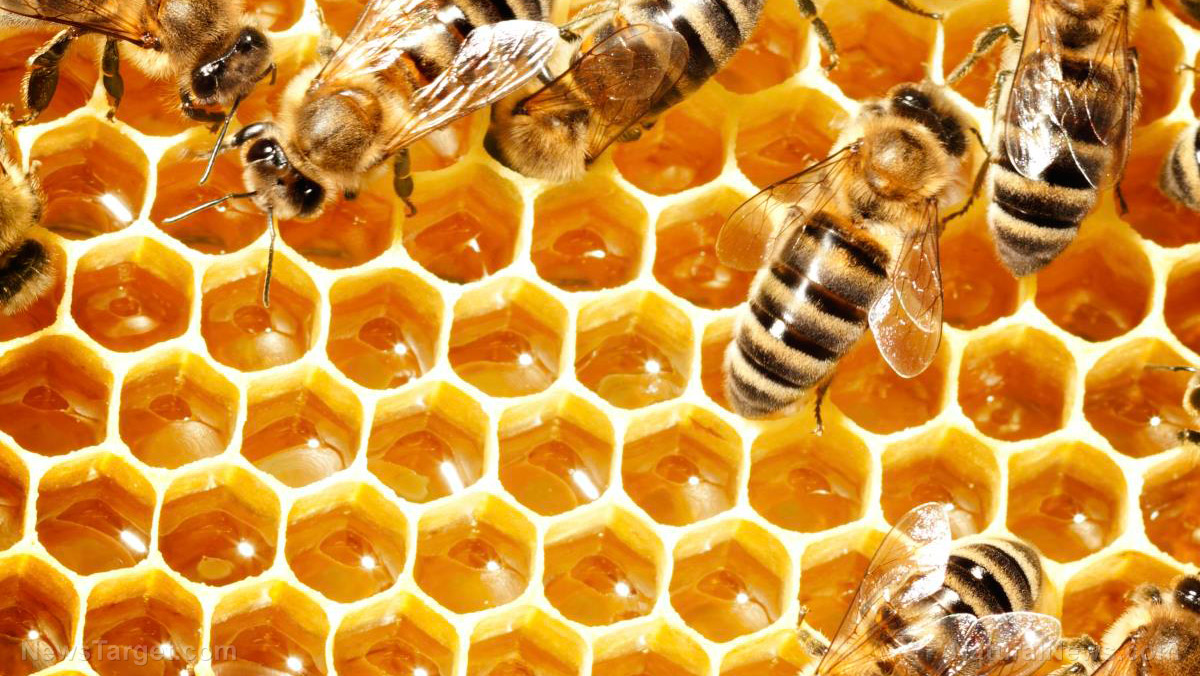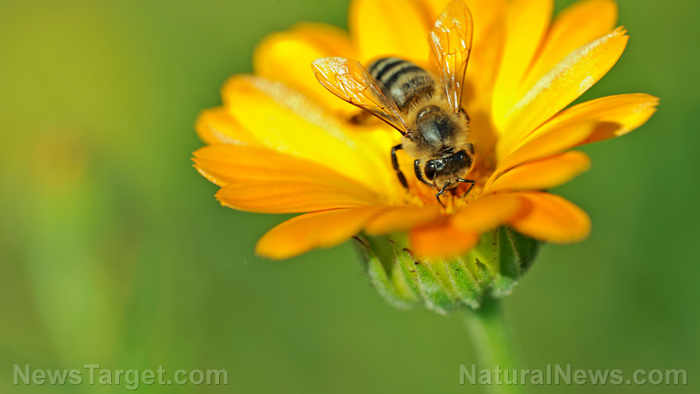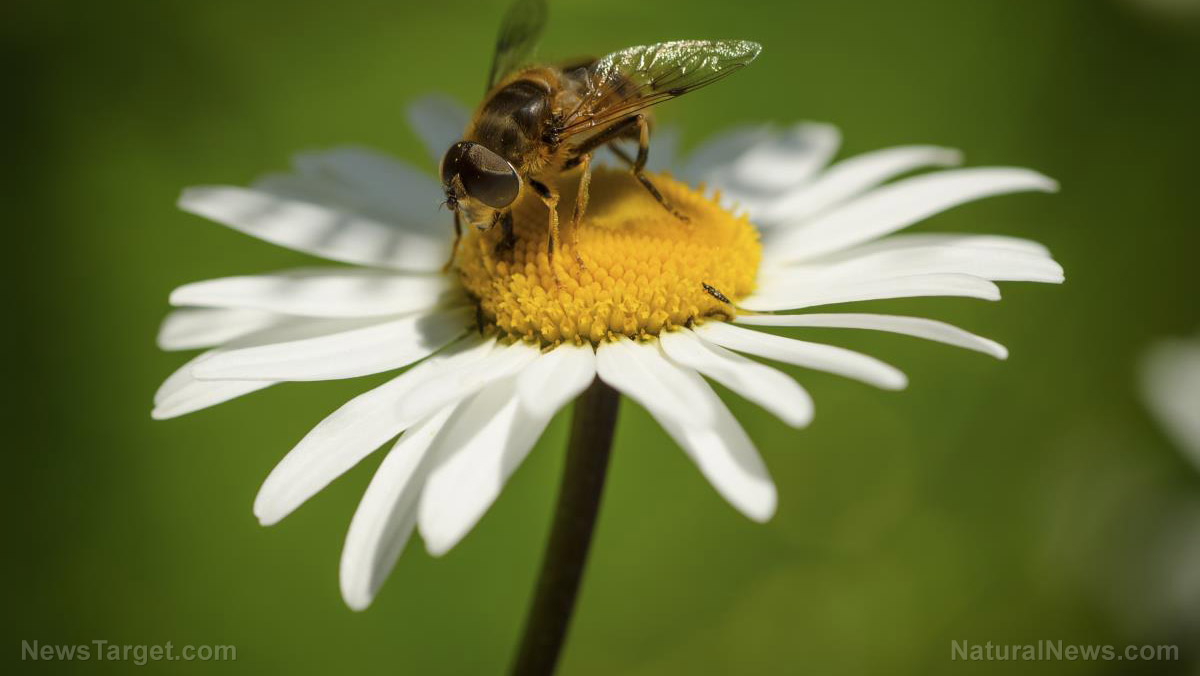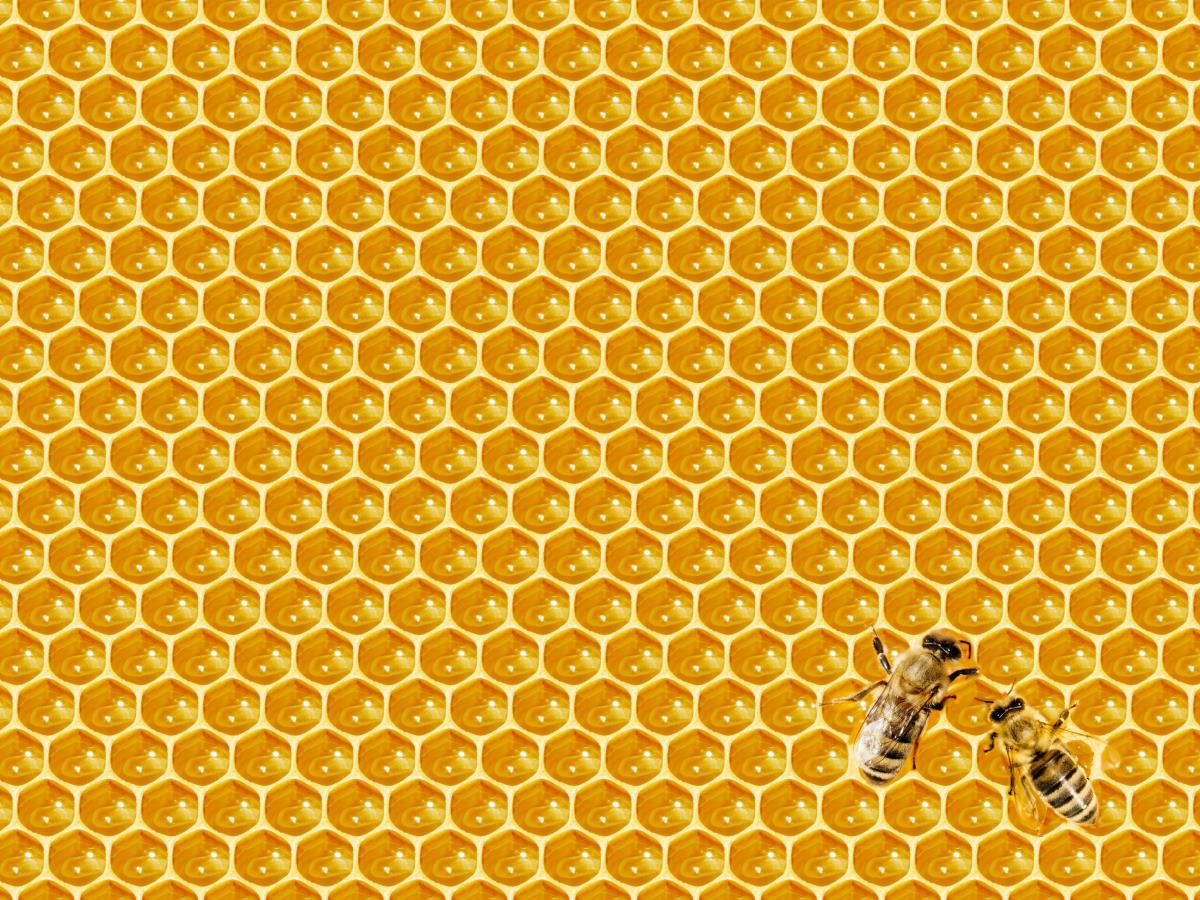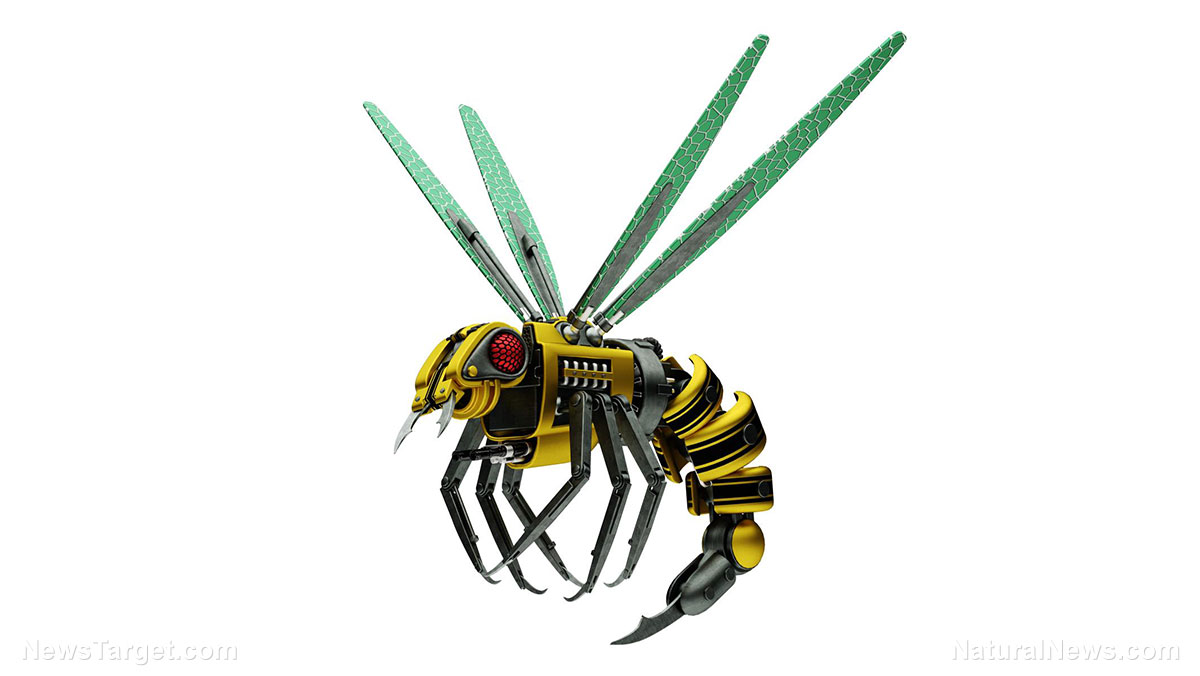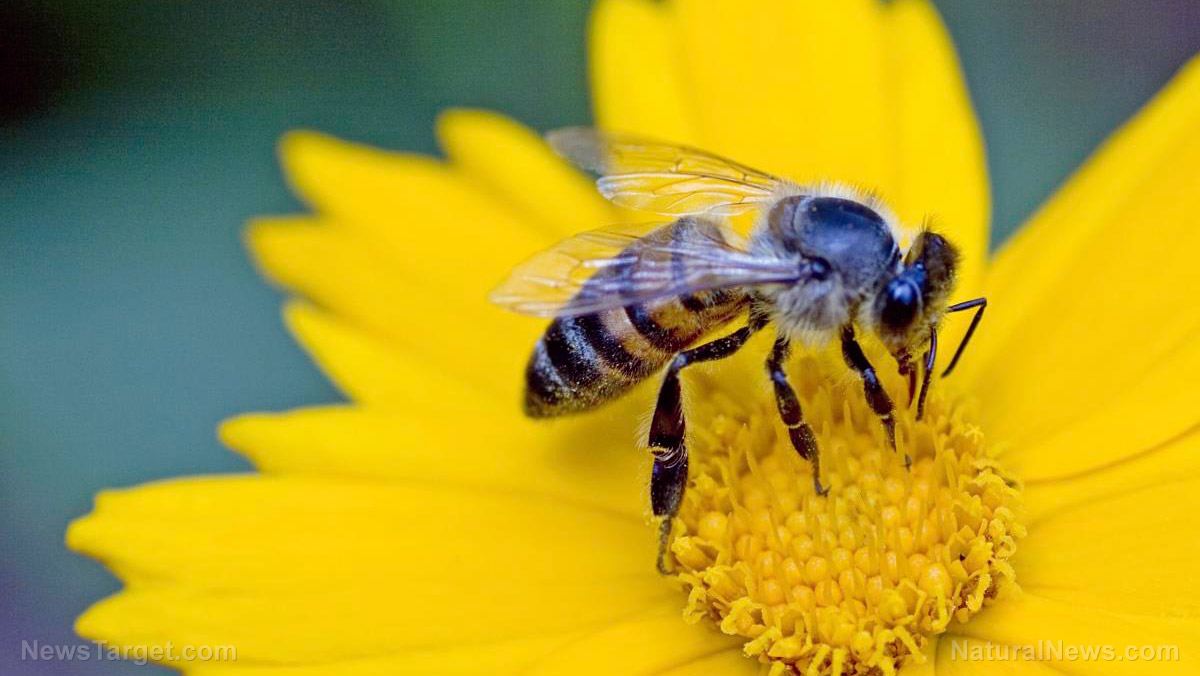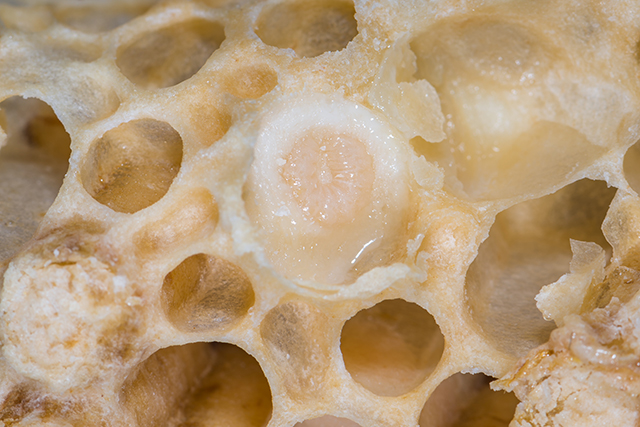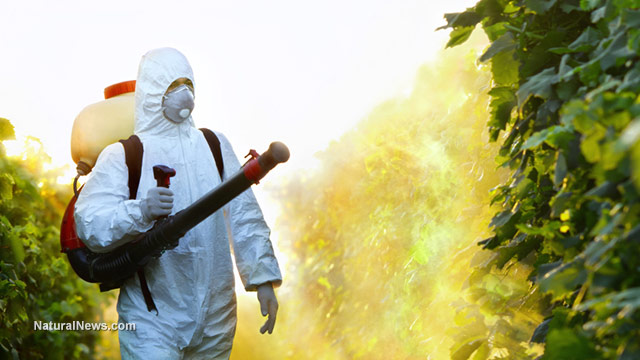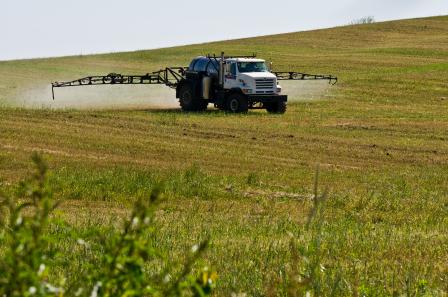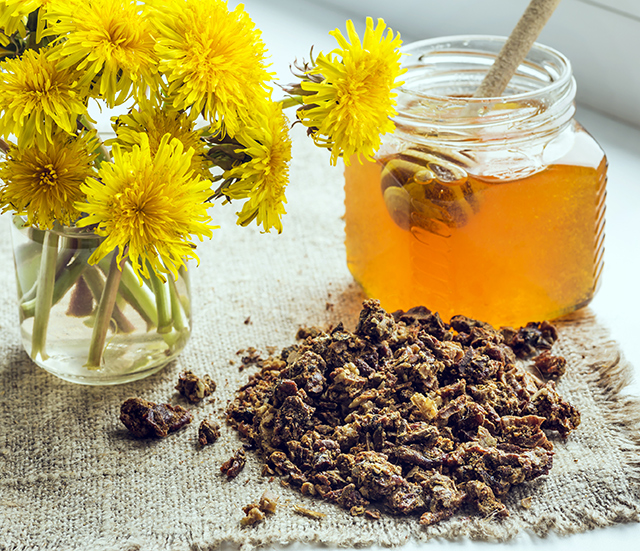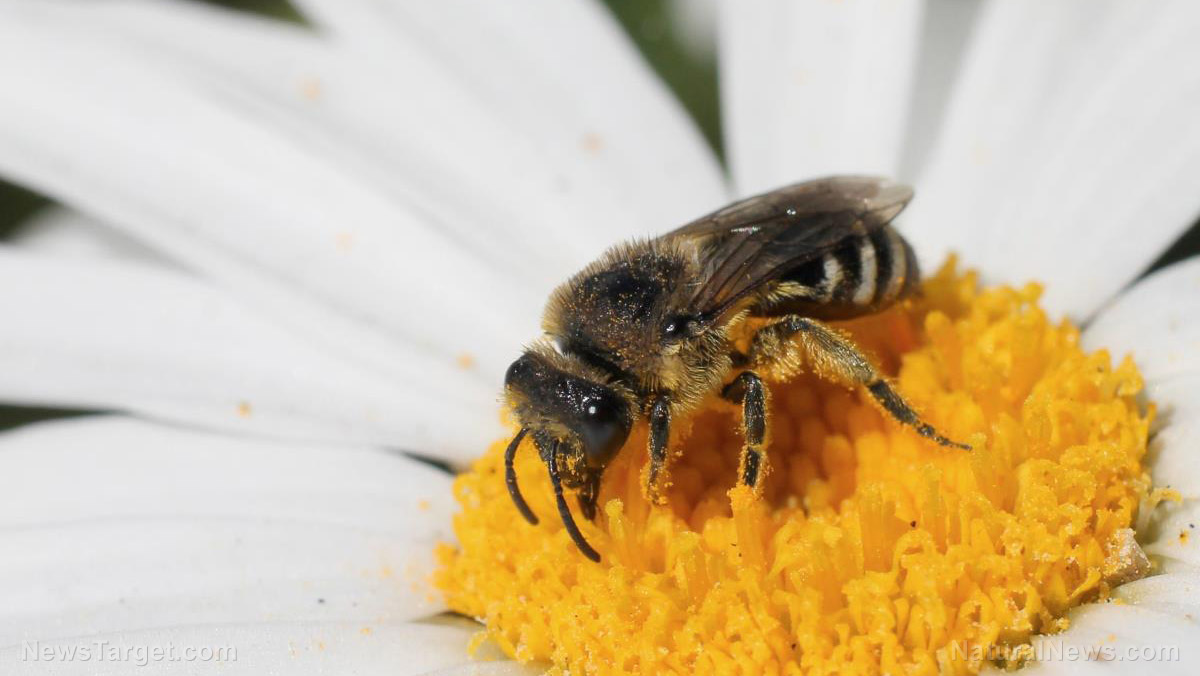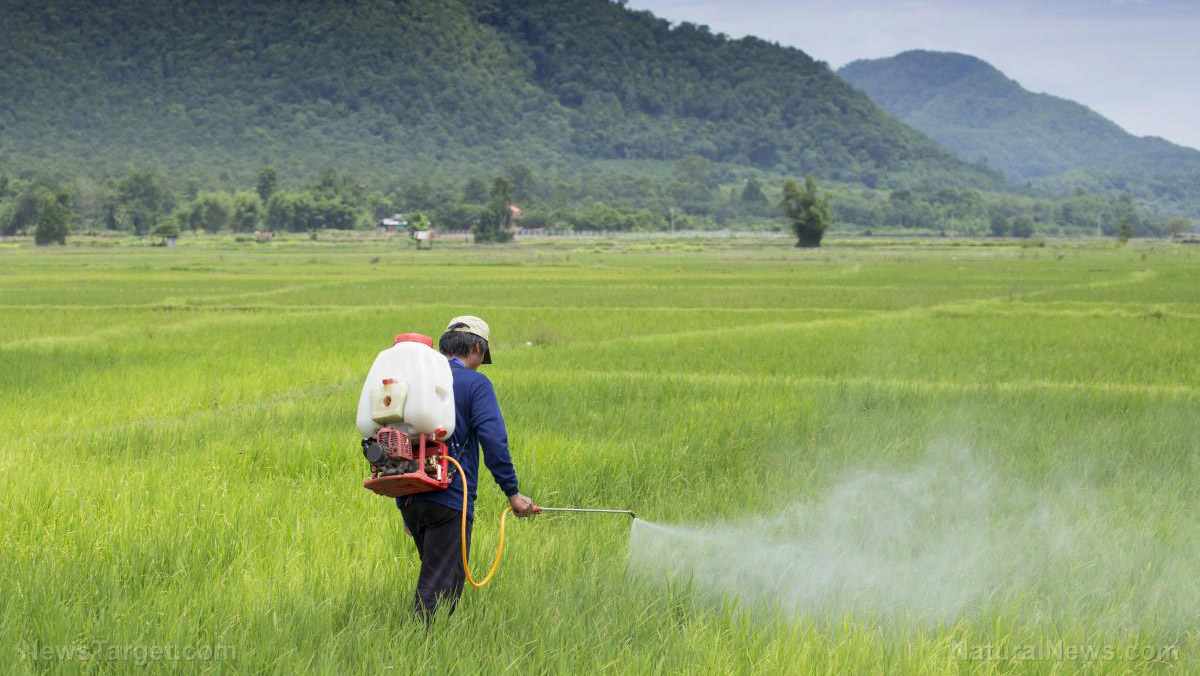Neonicotinoids, a class of pesticides in wide use, may be more destabilizing to agriculture than previously presumed, according to a new study from Penn State.
“The team’s research challenges the previously held belief that neonicotinoid seed coatings have little to no effect on predatory insect populations,” ScienceDaily summarized.
The findings suggest that more work needs to be done to “work the bugs out,” as it were.
As Natural News has outlined, seeds are coated with neonicotinoids before planting instead of being sprayed on growing crops. Thus, a plant absorbs the entire insecticide component.
The seven different chemicals that make up the neonicotinoid family are reportedly known to be extremely toxic to the environment despite being promoted as a safer alternative to traditional pyrethroid pesticides.
The “dysfunctional” family includes acetamiprid, clothianidin, imidacloprid, nitenpyram, nithiazine, thiacloprid, and thiamethoxam.
Resembling nicotine, neonicotinoids exert an impact on the central nervous systems of insects and are sometimes called neonics for short. They are commonly deployed for crops such as corn, soybeans, and cotton.
In 2013, the European Union imposed a temporary, multi-year ban on neonicotinoids out of concerns for the harm to the bee population through nectar and pollen. Earlier this year, Maryland became the first state to ban neonicotinoids, as of January 1, 2018, while the U.S. Environmental Protection Agency launched a review project that is due to report its findings in 2018.
In 2014, the U.S. Fish and Wildlife Service on an incremental basis ended its use of neonicotinoids because of concerns over the global decline in pollinators such as bees and butterflies.
In the newly published Penn State study, researchers performed a statistical meta-analysis of about 1000 observations from 20 field studies in North America and Europe that evaluated the effect of neonicotinoids on predatory insects.
The results suggest that neonicotinoids may have a disruptive effect ecosystem, explained co-author Margaret R. Douglas. “Predatory insects contribute billions of dollars a year to agriculture through the elimination of crop pest insects. We have found that neonicotinoid seed coatings reduce populations of these natural enemies 10 to 20 percent.”
“This result suggests that neonicotinoids are reducing populations of natural enemies at least partly through their toxic effects rather than simply by reducing the availability of their crop pest foods,” she added.
As published in the PeerJ journal, the researchers wrote that “Our finding that insects were more strongly affected by seed-applied neonicotinoids than were non-insect groups (mainly spiders and mites) suggests that toxin exposure is at least partly responsible for the overall negative effect we observed, and raises the question of how insect natural enemies are being exposed to these seed-applied toxins.”
The study seemed to suggest that neonicotinoids and pyrethroids had about the same effect on native predators, but that more research is necessary in this area.
Co-author John F. Tooker proposed that farmers adopt an integrated pest management strategy that takes a combination of techniques into consideration, with insecticides possibly included as an option, depending on the circumstances.
“The researchers note that their results may help farmers and pest management professionals better weigh the costs and benefits of neonicotinoid seed treatments versus alternatives,” Science Daily explained.Widely used pesticide poses more dangers to ecosystem than originally believed
IPM “is the best chance we have of conserving beneficial insect species while maintaining productivity in our agricultural systems,” the professor noted.
In a prior study published in 2014, the same researchers similarly concluded that neonicotinoids may reduce crop yields by wiping out native predators of crop pests.
Some 800 scientific studies previously reached the conclusion that neonicotinoids pose an ominous DDT-like threat to wildlife and the ecosystem. Plants treated with neonicotinoids have also been shown to poison birds and fish in addition to insects.
Sources:
ScienceDaily.com
PeerJ.com


